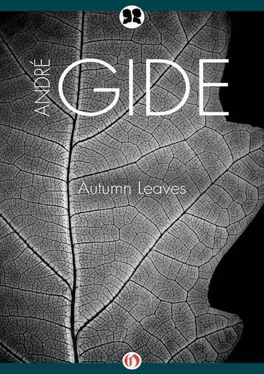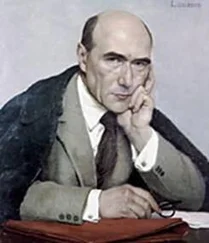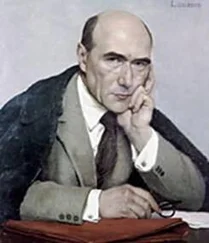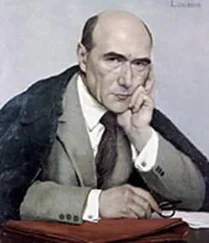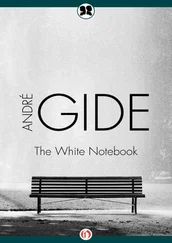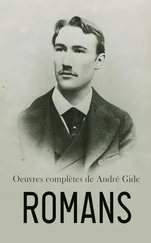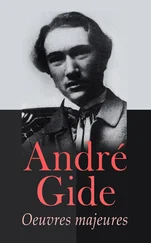Following the example of Edgar Poe, he took this as a premise: that the artist (painter, poet or musician) should count not on his own emotion, but on the one he wishes to provoke in the listener, the spectator or the reader. Just like the actor whom Diderot praises, in his Paradox on the Comedian, it is not a question of being moved oneself, but of moving. Both Leonardo da Vinci and Wagner proceeded that way. Valéry refuses to believe in the Muse of the Romantics, makes fun of what is called “inspiration.” He adopted with pleasure the words of Flaubert: “Inspiration? That consists of sitting down to the table at the same time every day.” Up to the very end of his life, Valéry, rising before dawn, worked until the distracting awakening of others.
He worked in Descartes’ fashion, I suppose; not at first on such or such a work exactly, but in delving into the last entrenchments of his thought. For nearly twenty years, while his companions of the out-set did their utmost at productions he judged of little importance, Valéry kept silent and searched. Before every work of merit, the question came to him: how was it obtained? The dish served claimed him less than the importance of the recipe. He turned up his nose at the risky sparks of genius. And from the first he could not bear to be duped. While still very young (we were not yet twenty years old when there began between us that inestimable relationship which death alone came to interrupt), he had pinned on the wall of his room the famous precept: “Remember to distrust yourself” (I have forgotten how that is expressed in Greek). Distrust which he applied to everything, to beings, to things, to convictions, to professions of faith, above all to words, those atoms, and one knows what latent energy the decomposition of the latter sets in motion.
I recall the reading out loud he began, from some eloquent discourse or other of Barrès’ (we were sitting together in a little cafe on the Boulevard Saint-Germain, near the ministry of war where he then occupied a very modest position as employe). Smiling he swelled out his voice, then, leaving the text, but without changing the tone and as though “linking it up,” he continued to the conclusion: “And one sees rising up the spectre (a beat) of hideous facility.” He held everything easy in scorn, in horror. Whence his untiring exigency toward himself, that was to take him so far. Meanwhile, he produced nothing.
Nevertheless his silence began to worry us. Certain colleagues spoke of it ironically: “Well! your great Valéry, so well begun!.. He contents himself with those few youthful poems; fine promises to be sure. Now he is silent. He will always be silent. Confess you have overrated him a little. He has given out already.…” He was taken for a trifler, already almost a “flunker.”
However, his conversation remained dazzling to such a degree that sometimes I came to fear he would satisfy himself with it. I feared also for him the lure of mathematics, in view of his love of precision. It was not before a table full of white paper that he worked then, but before an enormous blackboard, very cumbersome for the modest little room he occupied at that time. 1He traced on it strange signs, complicated equations of which I did not understand an iota, formulas he explained to me at length, in spite of my incompetency; for he cared very little whether he was understood or not; it was more for himself and to himself that he spoke than for others. From that the lack of care he expended on his delivery which, up to the end of his life, remained very faulty; it often happened that his flock at the College of France, at the Vieux-Colombier, at the Sorbonne or elsewhere, had to content itself with seeing him and give up understanding him, not being able, as in a private conversation, to beg him to repeat his sentences. Besides, he often contented himself with any listener at all, provided that the latter seemed to him to pay sufficient attention and to let him orate to his fill without interrupting him. In the time of our youth he sang the praises of a certain “interlocutor,” deferential and silent as he could wish, who drank in his words and was satisfied to indicate his astonishment by looks; he found him anew every day at the same hour on the platform of the omnibus. This stranger intrigued me. I became jealous of him. Who could he be?… Checking up finally enabled me to discover that he was the swimming teacher from the Rochechouart swimming pool.
Mathematics and algebra filled his mind; not at first geometry, for which, at the beginning, he showed a determined lack of understanding: “When, for the first time, in class, I heard the professor say: ‘Let us take the triangle ABC and transpose it onto the triangle A’B’C’,’ my mind refused to follow.” 1What could that mean? Useless to continue: I don’t get it. It will be for others to judge whether this conclusion about geometry is admissible, and I doubt that Valéry would have been able to sustain it, while pursuing intrepidly, on the other hand, the study of astronomy, for instance. He lent to Lobatchewsky, Maxwell and Riemann an attention he refused to literary works. During a stay at La Roque, where he had had the great pleasure of finding on his night-table the writings of Maxwell, that I had had the pleasure of getting to offer him, he took from my library one evening the two volumes of Martin Chuzzlewit by Dickens, that he returned to me the next morning, having passed a part of the night, he said, in reading them.
“What! Completely?” I exclaimed.
“Oh!.. sufficiently. I acquainted myself with his processes which are agreeable enough. I saw his starting point and his point of arrival. Between the two, there is just stuffing. A good secretary, having once grasped his method, could have worked it out about as well. The Fara da se does not interest me.”
He made quick work of assimilating the little nutritive matter in a book, and, as a rule, once he had seen “what it was driving at,” his curiosity passed on to something else. Even if he was enchanted, he didn’t care to linger. Ars non stagnat remained his devise; and, if he considered a work of art only in so far as the artist can do it over again at will, “why do again,” he thought, “what has already been perfected?” It was important to bring every enterprise to perfection at once, in order to be able to relinquish it immediately afterwards. That is the source of his accomplished works that were each one, turn by turn, his great poems, after he had gotten his hand in with the “exercises” of La Jeune Parque. Ceaselessly he went forward, adhering with modesty to the concealment of his gropings, his touching-up, his sketches, and letting his colleagues all about him lag behind rewriting unflaggingly the same verses, the same books, or, without progress, their equivalents.
So he held literature in rather profound contempt, especially the novel. The truth is, he was not interested in others, at least in their capacity as persons; for he refused to feel.… I was going to say sympathy, but I would not like that word to be misunderstood and to have it thought that I mean he was incapable of loving; no, but rather he disliked another’s thought or emotion, to encroach on his own domain by contagion. Was it not in this sense that La Rochefoucauld could write: “I am not very susceptible to pity, and I wish I were not so at all?”
Consequently, his admirations in the field of letters were rare, and more and more grudging, quickly reduced or passed by. That which he professed in the beginning of his career for Stendhal, for instance, I was astonished to see him, at the latter part of his life, smile at; he then claimed, paradoxically, to prefer Restif de la Bretonne or Casanova to him. Besides, he read very little, 1feeling no need to call upon others in order to think.
Читать дальше
